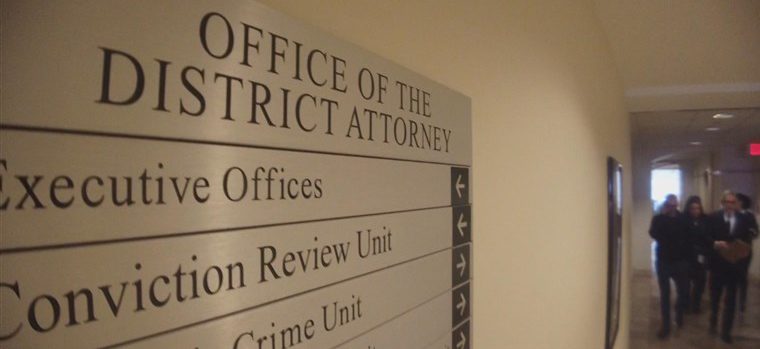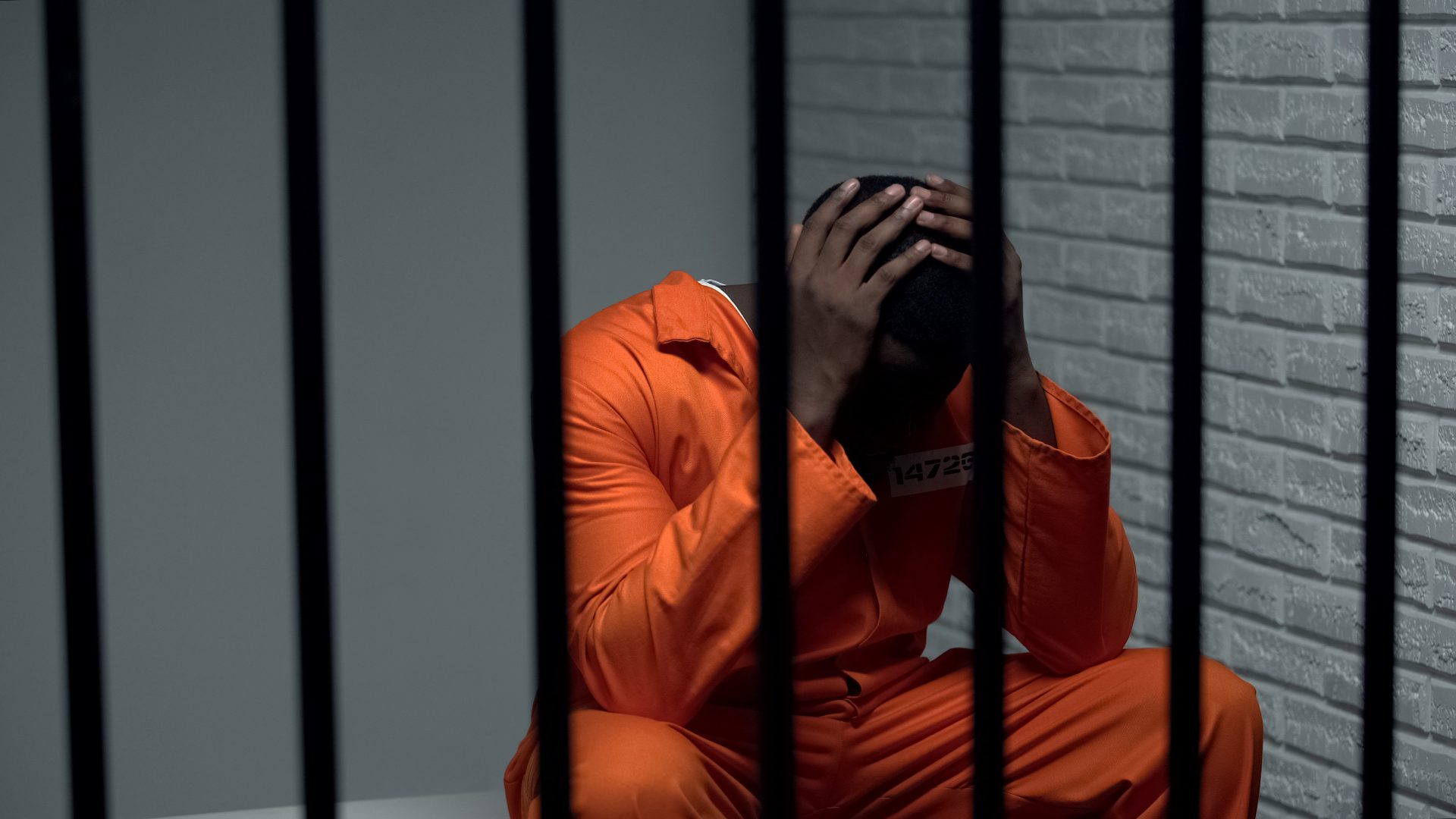Prosecutors have broad authority to decide everything from what and who to investigate, whether to bring charges and what charges to bring, whether to offer a plea bargain, and what sentence to recommend. This power, known as prosecutorial discretion, must be used in good faith and in a non-discriminatory manner. Bias and discrimination in the use of prosecutorial discretion against Black, Latinx and Indigenous individuals, as well as individuals with disabilities and LGBTQ persons leads to significant disparities in the criminal justice system.
Black defendants receive more serious charges at initial booking and are held in pretrial custody longer than White defendants. White defendants are 25% more likely than Black defendants to have their most serious initial charge dropped or reduced to a less severe charge. White defendants initially charged with misdemeanors are approximately 75% more likely than Black defendants to be convicted for crimes carrying no possible incarceration, or not to be convicted at all.
Read more about this issue.


What’s at Stake
The social costs of racial discrimination in the exercise of prosecutorial discretion are clear. Lives destroyed. Families impacted. Taxpayers shouldering the burden for mass incarceration. It is time that we re-examine how prosecutorial discretion perpetuates racial discrimination and a massive criminal justice system, including the U.S. prison industrial complex.
As crippling as it may be for the criminal court system, we have to re-imagine what real justice looks in this country, starting with the constitutionally protected right to a fair trial. We have to eliminate prosecutor abuses in plea bargaining and the so-called “trial penalty” that prosecutors brandish to force defendants into guilty pleas.
What Needs to Change
Prosecutorial discretion must be applied in a non-discriminatory manner. The broad scope of conduct covered by criminal laws gives prosecutors discretion to decide which cases are worthy of pursuit. The prosecutor’s duty is to do justice, not to obtain convictions. Prosecutors must apply their discretion in good faith to address the racial disparities pervading our criminal justice system.
LDF calls on District Attorneys to develop and implement measures to promote greater uniformity in the exercise of prosecutorial discretion; routinely conduct racial disparity studies for their offices, make them public, and use them to drive prosecutorial decision-making in charging, plea bargaining, and sentencing recommendations; decline to prosecute minor offenses; and incorporate norms of procedural justice that allow defendants a greater and more balanced role in the plea bargain process.
How You Can Help
You can demand that your local District Attorney conduct a comprehensive racial disparity study, to determine what, if any, role race has played in criminal case outcomes and make that study public. When disparities have been identified, the District Attorney must take measures to correct them. You can demand that prosecutors begin to take an evidence-based approach to their jobs and center racial fairness in their efforts to achieve more equitable results in prosecution.



